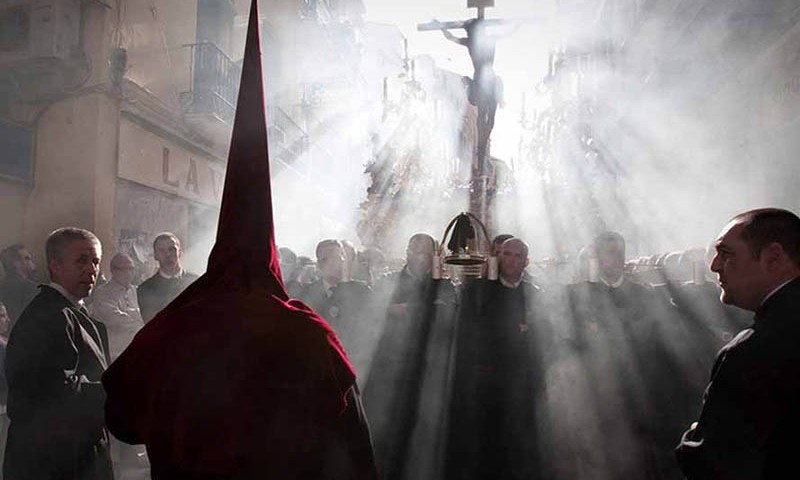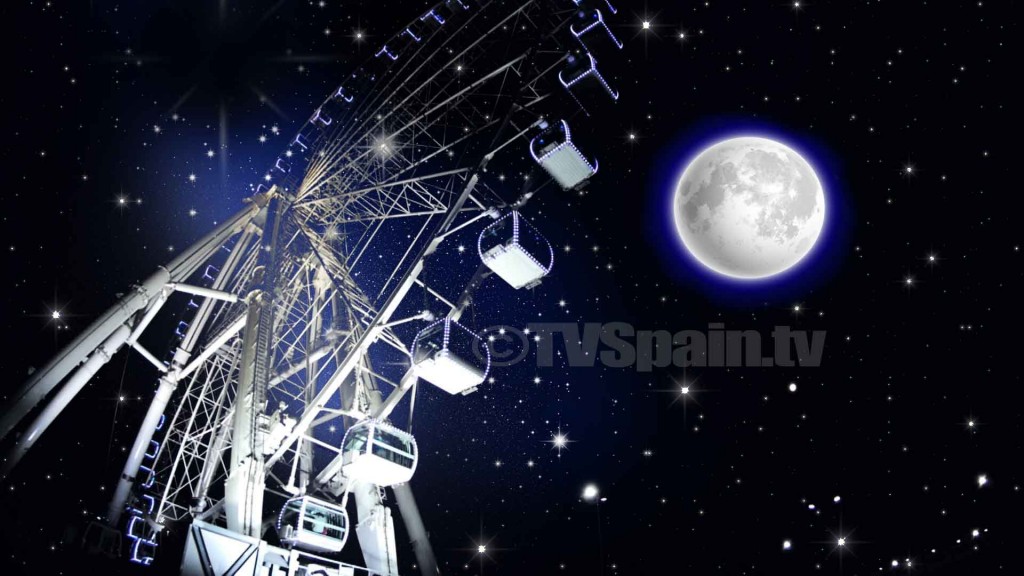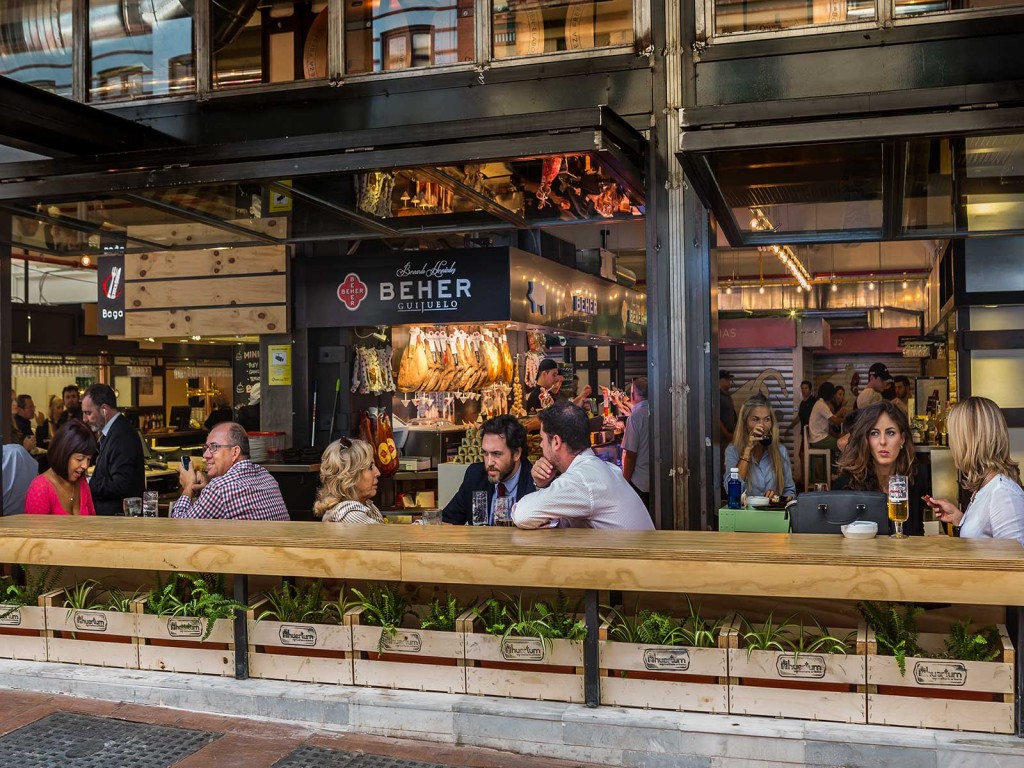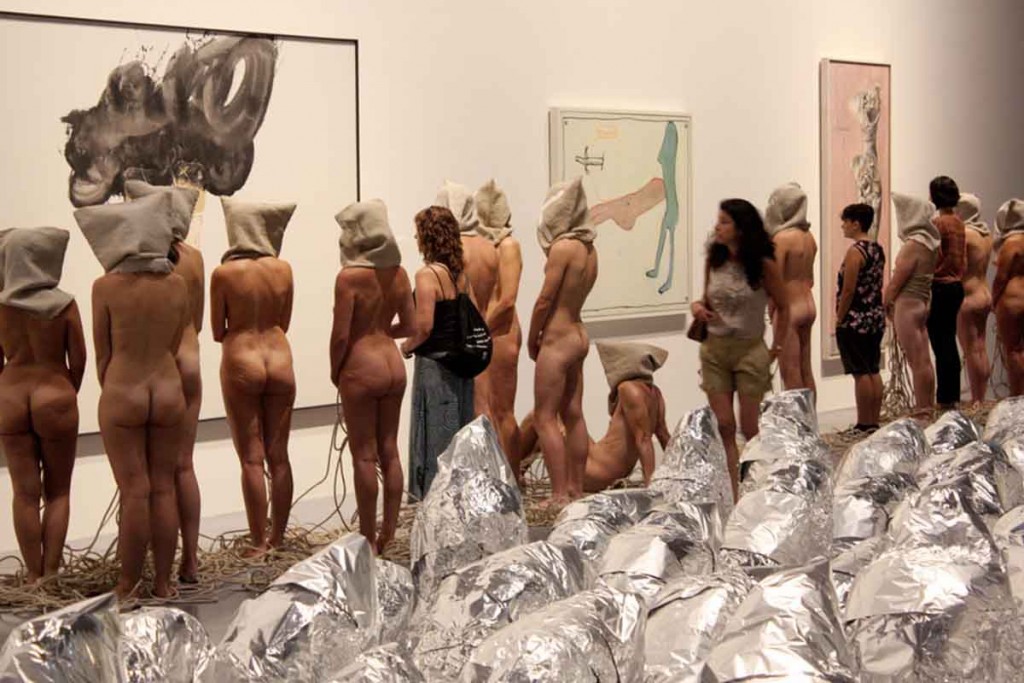Semana Santa Malaga Easter Holy Week – Spain Film Office commissioned TVSpain to make five videos featuring Semana Santa in Malaga: “SALIDAS” (departures), “TRONOS” (floats), “MÚSICA” (music), “PÚBLICO” (public) and the concluding overview “PASIÓN” (passion), The videos have been made with the audio visual material provided by Auntamiento de Malaga (Malaga Town Hall).
Making videos we wanted to achieve something impossible – to put you right in the heart of the festivities. You need to come here. Visitors from Spain and all over the world fill the streets, sometimes almost doubling the Malag’s population. The food, the people, a beautiful city, it’s all there to enjoy
More information, program and maps in connection with Semena Santa in Malaga are available on MÁLAGA TURISMO – http://www.malagaturismo.com/en Ayuntamiento de Málaga (Malaga Tourist Office), It’s an official website of Malaga Tourist Board established by the City Council (Town Hall) of Malaga. The site includes Practical information, What to see, Where to go, Professional zone, Convention bureau, Virtual routes and Useful links.







